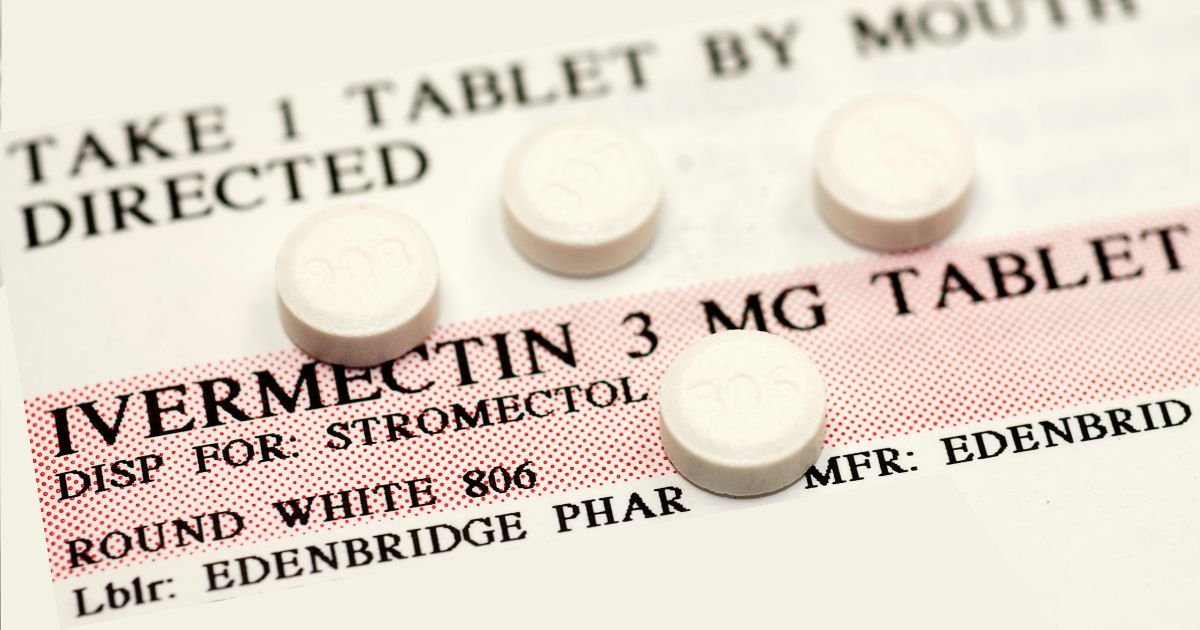Fenbendazole, also known as Panacur C, is an anti-worm medication that has been used as an anthelmintic for over six decades. It belongs to the benzimidazole carbamate family and is effective against many different parasitic worms.
In three separate experiments, mice with EMT6 tumors were treated with either a control diet or a diet containing 3 daily i.p. injections of fenbendazole and 10 Gy of irradiation. Tumor growth was rigorously measured by determining the time to tumors reaching four times their initial volume.
Antihelminthic
Fenbendazole is a broad-spectrum anthelmintic that belongs to the benzimidazoles family of carbamate drugs. It has been used in veterinary medicine for decades, and is effective against a wide variety of helminths. It has also shown anticancer activity in lab tests. Its mechanisms of action overlap with those of hypoxia-selective nitroheterocyclic cytotoxins/radiosensitizers and taxanes. It is a useful addition to chemotherapy regimens.
It has been shown to be effective against cancer, and some patients have reported success in using it as part of a dietary protocol. It is available as a dry and tasteless powder that can be mixed into food or taken by itself. The product contains 222mg of fenbendazole per packet and is made in the US.
During an 8-wk facility treatment for rodent pinworms (Apiculuris tetraptera) at our institution, fenbendazole was incorporated into the diet. The resulting sterilized diet was supplemented with vitamins and fed to C.B-17/Icr-Prkdcscid/Crl SCID mice, a well-established model of human lymphoma. The diet was found to suppress tumor growth in these animals.
Anticancer
The dewormer medication fenbendazole is not just an antiparasitic drug; it also appears to have some anticancer effects. It interferes with the formation of microtubules, which are necessary for cellular division. It may also help destroy cancer cells by boosting their production of p53, a gene that can keep cancer cells from dividing too rapidly.
Textbook depictions of cells usually portray their various parts as floating in amorphous bags of liquid. But in reality, a cell establishes shape and structure through a protein scaffold called the cytoskeleton, which is made of microtubules.
In 2018, researchers reported that fenbendazole could reduce cancer cell growth in a laboratory experiment. Another antiparasitic drug, mebendazole, has shown similar effects. Another drug, benzimidazole carbamate, has been found to slow down cancer progression in animal models. The drugs act as moderate microtubule destabilizers and induce cellular death through multiple mechanisms.
Immunosuppressant
Fenbendazole is a broad-spectrum antiparasitic drug that is effective against several different helminths. It acts primarily by binding to tubulin and disrupting the microtubule equilibrium. It also has cytotoxic and cytostatic effects. It is particularly useful against parasites that have a larger tubulin molecule than mammals, such as nematodes and hookworms.
In a dose-response experiment, fenbendazole was administered to human lymphoma xenografts in SCID mice and was found to inhibit the growth of these tumors. This effect was observed despite the fact that initial complete blood counts did not differ among groups. However, at study termination, the fenbendazole group showed significantly lower total white cell and neutrophil counts than did the control group.
In a subsequent experiment, fenbendazole treated cells were exposed to varying levels of radiation under aerobic or hypoxic conditions. The survival of the cells was measured using a colony formation assay. The radiation survival curves were similar for both aerobic and hypoxic cultures.
Antifungal
The benzimidazoles have been shown to have significant antifungal activity against the pathogenic fungus Cryptococcus neoformans. They act by disrupting microtubules and interfere with cytokinesis (34). The drug also inhibits capsule formation in C. neoformans and other Cryptococcus species. The sensitivity of fungal cells to fenbendazole depends on the strain and the concentration of the drug. The drug is highly effective at a lower concentration than the standard drugs amphotericin B and fluconazole.
In vitro, fenbendazole is fungicidal and significantly reduces the numbers of CF-positive cells in C. neoformans H99 and C. gattii R265 at the MIC value. It also decreases intracellular proliferation rates in phagocytized macrophages.
This effect is likely due to interference with microtubule organization, as previously observed for other benzimidazoles. This is supported by a comparison of b-tubulin staining in control and fenbendazole-treated Cryptococcus cells, which revealed that the drug causes a dispersed pattern of this protein in the fungi. This is in contrast to untreated control cells, which exhibit a more pronounced pattern of b-tubulin staining.sanare lab fenbendazole

